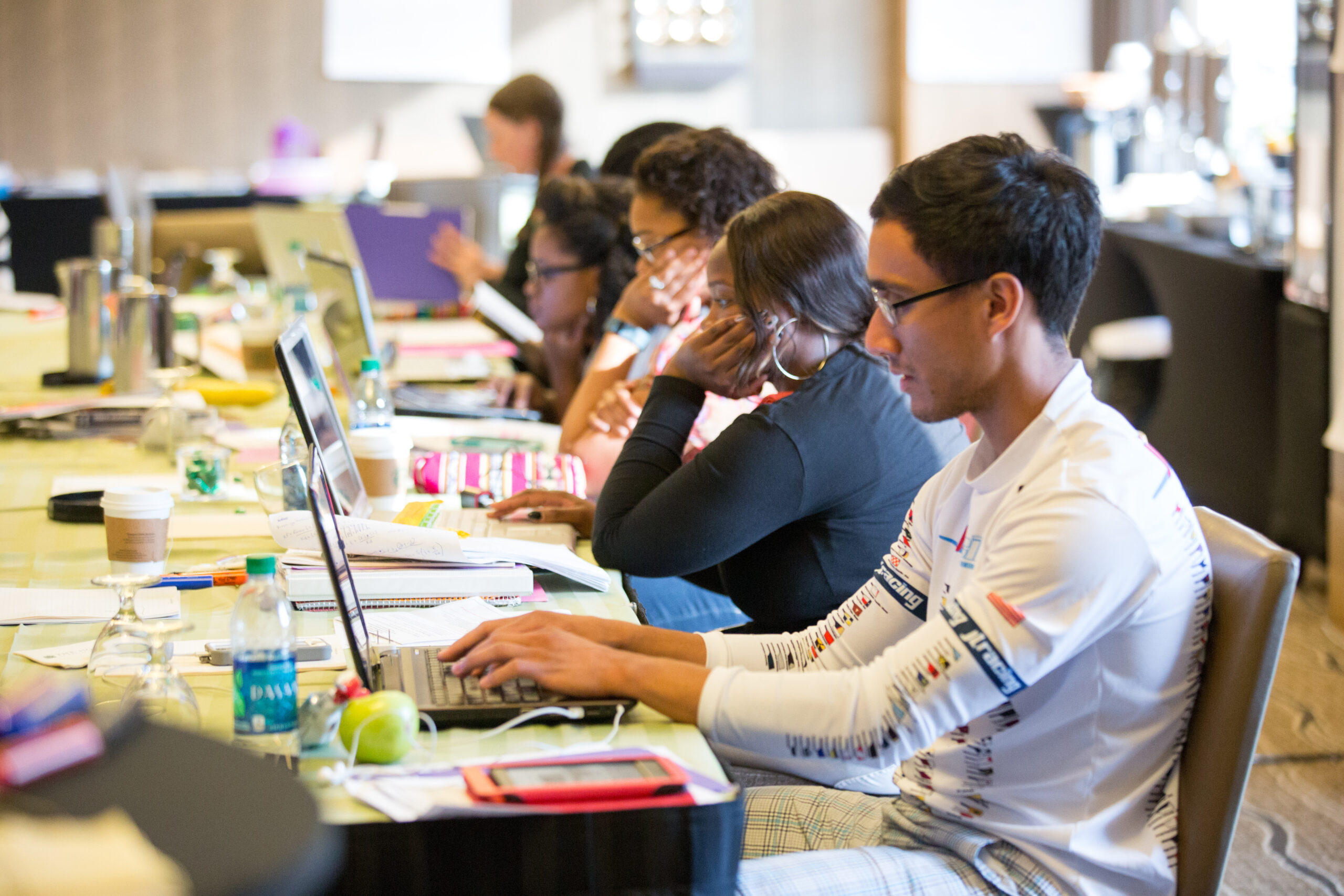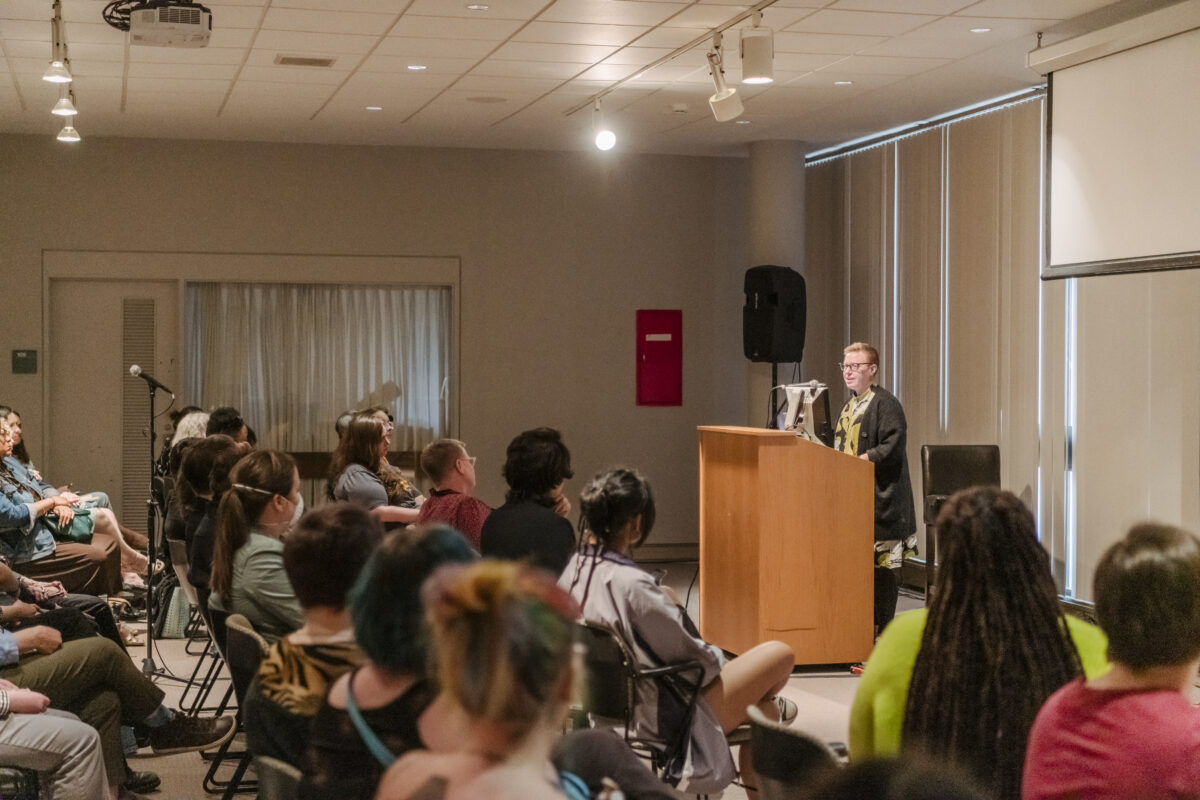A new research article in CBE – Life Sciences Education analyzes 10 years of data that demonstrate one powerful conclusion: UMBC’s Dissertation House Model effectively increases degree completion among minority Ph.D. candidates.
Renetta Tull, associate vice provost for graduate student professional development and postdoctoral affairs, and Janet Rutledge, dean of the Graduate School at UMBC, developed the Dissertation House Model with colleague Wendy Carter-Veale, dissertation coach for the Dissertation House program.
“We’ve learned that providing time, space, support, and community is a winning combination for working on a milestone such as the doctoral dissertation,” says Tull. “One of our mottos is ‘From ABD (all but dissertation) to Ph.D.’”
The program puts that combination to work, and graduation rate data as well as more than 200 personal reflections from participants back up its effectiveness.
Schools can implement Dissertation House in a variety of formats, from multi-day retreats to a few hours in a classroom. The most common structure is several consecutive full days where students set goals and participate in mini-lectures on topics such as time management, public speaking, and avoiding burnout. They also receive one-on-one support from a dissertation coach and have opportunities to meet with their advisor.
At least five hours of each day are spent writing in a group setting, but the program goes far beyond providing a dedicated writing space. Many students form positive, lasting relationships with their peers and mentors through the course of the program—relationships that propel them through challenging moments in their PhD careers.
“We promote career-life balance, health and wellness, and support for peers,” says Tull. “We’ve taken care of babies for students, supported students through sickness and loss, and celebrated all successes.”
Carter-Veale, Tull, Rutledge, and Dissertation House alumna Lenisa Joseph found that participating in Dissertation House increased the likelihood of PhD students graduating by 92%, and increased their likelihood of retention by 64%. Notably, 98% of students who returned surveys said the program helped them make progress on their dissertations and that it was a good use of funding.
“We’re pleased that the model has helped so many students to reach their goals,” says Tull.
Dissertation House is part of The University System of Maryland’s Alliance for Graduate Education and the Professoriate initiative, PROMISE – AGEP, a program of the National Science Foundation. It has already been replicated at other schools around the U.S. and in Puerto Rico.
Read the original research article in CBE – Life Sciences Education: The Dissertation House Model: Doctoral student experiences coping and writing in a shared knowledge community.
Image: Graduate students at work at the University System of Maryland’s Summer Success Institute 2015; Photo by Cheriss May for PROMISE: Maryland’s AGEP.
Tags: GraduateSchool, Research




